I ended up following in Mike's (and many others') footsteps and revisited Albert Camus'
The Plague. It really wasn't possible to resist it during this moment in time.
We are in a lightly fictionalized town of Oran on the Algerian coast in the year of '194…'. At the start, humdrum normality reigns; 'Oran is an ordinary town,' Camus tells us. That is, until dead rats start piling up, first one or two, then by the thousands, crawling out from their hiding places, blood dripping from their noses, before perishing in the streets. Upon stumbling upon his first rat, our protagonist, Dr Rieux, 'had thought the presence of the dead rat rather odd, no more than that; the door-porter, however, was genuinely outraged. On one point he was categorical; "There weren't no rats here."' Of course, the inhabitants, while slightly vexed, aren't too worried about this ghoulish occurrence; after all, this mysterious affliction will surely not spread beyond the rats, much like the coronavirus would surely not spread past the borders of China – or so many thought for a while. Alas, such is not the case. Before long, Oran faces quarantine and mass death.
It is sometimes suggested that this novel should be read as a straightforward allegory of World War II and the Nāzi invasion of France. Camus certainly does sprinkle the text with tokens that invite an allegorical reading. In fact, before the novel even begins, Camus' prefaces the story with a quote from Daniel Defoe from
Robinson Crusoe, stating: 'It is as reasonable to represent one kind of imprisonment by another, as it is to represent anything that really exists by that which exists not.' One of the characters, Tarrou, spells out the idea that plague is something more general and ubiquitous than a bacterial infection: 'Each of us has the plague within him; no one, no one on earth is free from it. And I know too that we must keep endless watch on ourselves lest in a careless moment we breathe in somebody’s face and fasten the infection on him.' Some of the nods to the Holocaust appear unmistakable: in describing how the millions of plague victims of history exist in the contemporary imagination as 'no more than a puff of smoke'; or the city council's decision to more effectively relocate the mounting corpses by refurnishing the trams in order to carry them for cremation.

Nevertheless, I don't think it's fruitful to read the book strictly through the lens of WWII and the occupation, and the writer also seemed to discourage such a narrow reading. For one, the story is less effective in this light. It provides no means for grappling with the less-than-honorable role played by countless French collaborateurs during the occupation, save for the character of Cottard. It also fails to account for the fact that the Nāzis were agents of history, an evil with a human face as Roland Barthes called it, and not some microbe wreaking impersonal destruction. Better to read the story as a more general kind of allegory, of man's never-ending struggle against evil and suffering in an absurd universe. This is at the heart of what Camus is grappling with throughout these pages: the plague is little more than a poignant reminder of the always-present absurdity of the uncaring universe, where suffering is distributed in a wholly arbitrary fashion. Plague or no plague, our lives may end at any second, and there is no greater meaning to this, just blind force. After watching a child die a merciless death punctuated by a harrowing scream, the local priest, Father Paneloux, suggests that, senseless and incomprehensible as the suffering of a child may appear, 'perhaps we should love what we cannot understand.' To which Dr Rieux pointedly responds: 'No, father. I've a very different idea of love. And until my dying day I shall refuse to love a scheme of things in which children are put to torture.'
And this seems to be the crux of what Camus wants to convey. Where his first novel,
The Stranger, is a story of man coming face-to-face with the absurdity of the universe,
The Plague is concerned with the resultant question: How should we appropriately respond in the face of this absurdity? Camus' mouthpiece Rieux is clear about this, that it comes down to our basic duty to fight for our fellow human beings: ‘This whole thing is not about heroism. It’s about decency. It may seem a ridiculous idea, but the only way to fight the plague is with decency.’ A character asks Rieux what decency is. Dr Rieux’s response is terse but eloquent: ‘In general, I can’t say, but in my case I know that it consists in doing my job.’
Admittedly, like many of Camus' heroes, these figures can verge on the annoying and less-than-believable: the surly-but-stoical, silent loners – wise-asses that seem handcrafted to impart some tenet of Camus' philosophy. And is the total silence of the majority population – the Arabs – a bit odd? Yes. Does the agency offered to women seem anachronistic from the vantage point of the present? Certainly. In his journals, Tarrou praises Rieux's mother for her 'effacement', a woman who 'knew everything without ever thinking.' Women exist here first and foremost to orbit the thinking and acting men. But don't let these things discourage you. It's a well-written book that is every bit the right fit for this moment in history. In many respects, the book uncannily captures several facets of our current predicament.






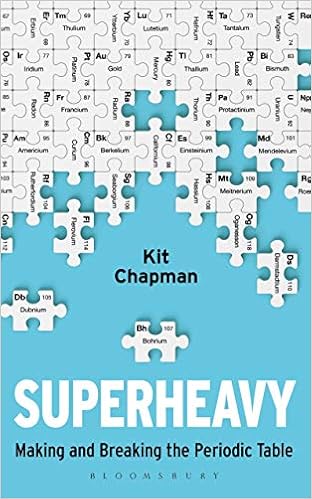


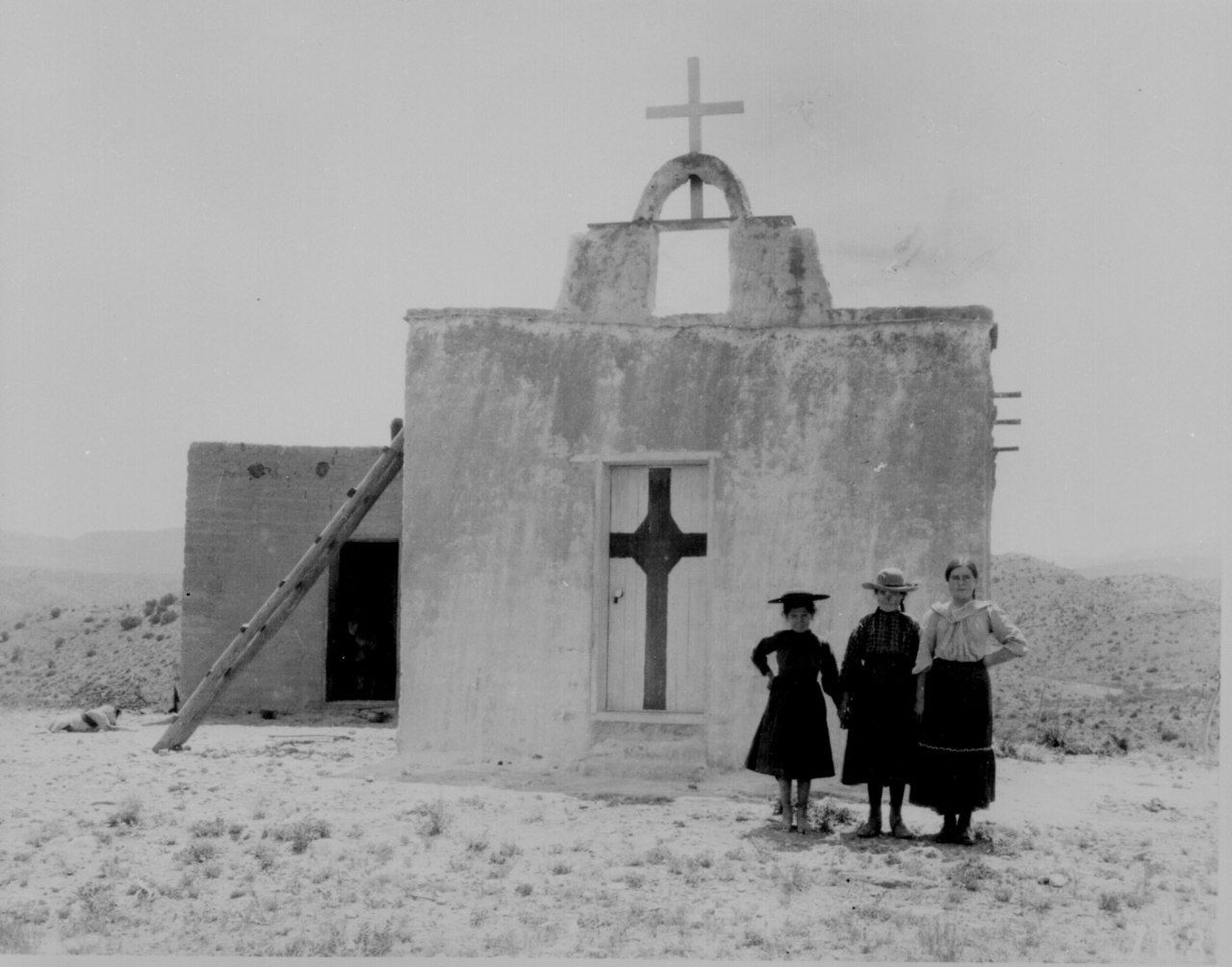
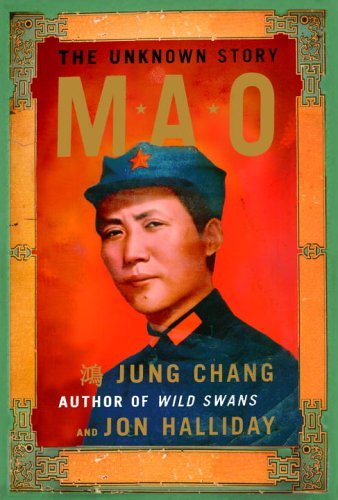
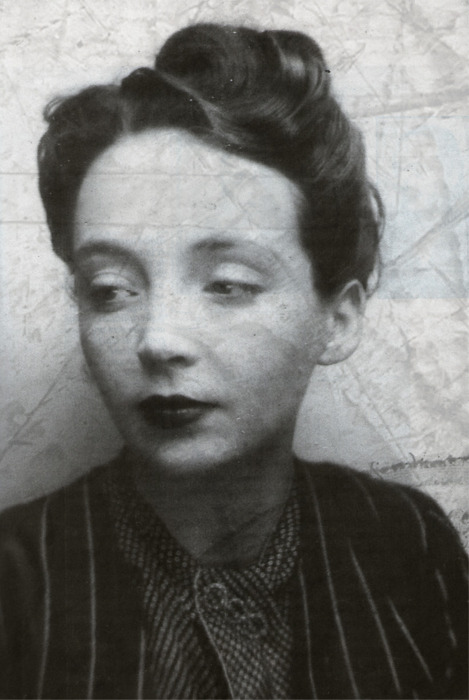
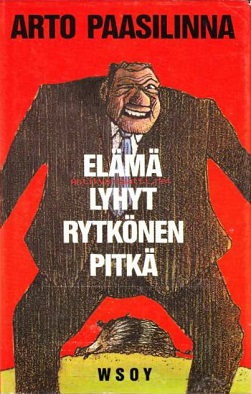


:format(webp)/cdn.vox-cdn.com/uploads/chorus_image/image/32863585/531633_4314315257269_2060819811_n.0.jpg)






